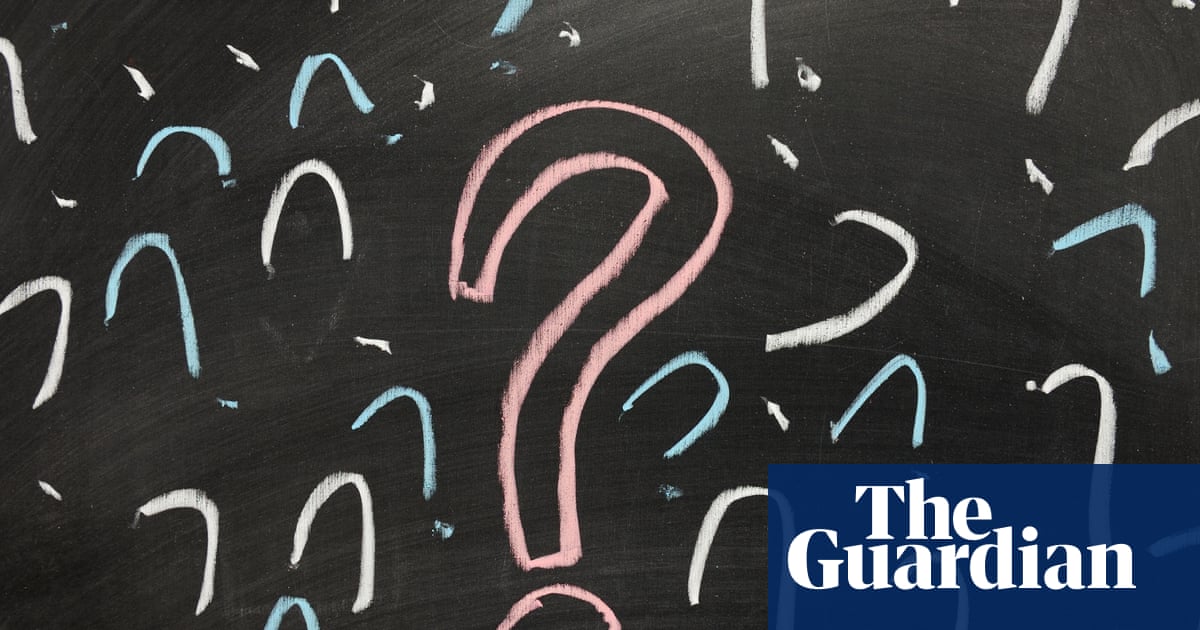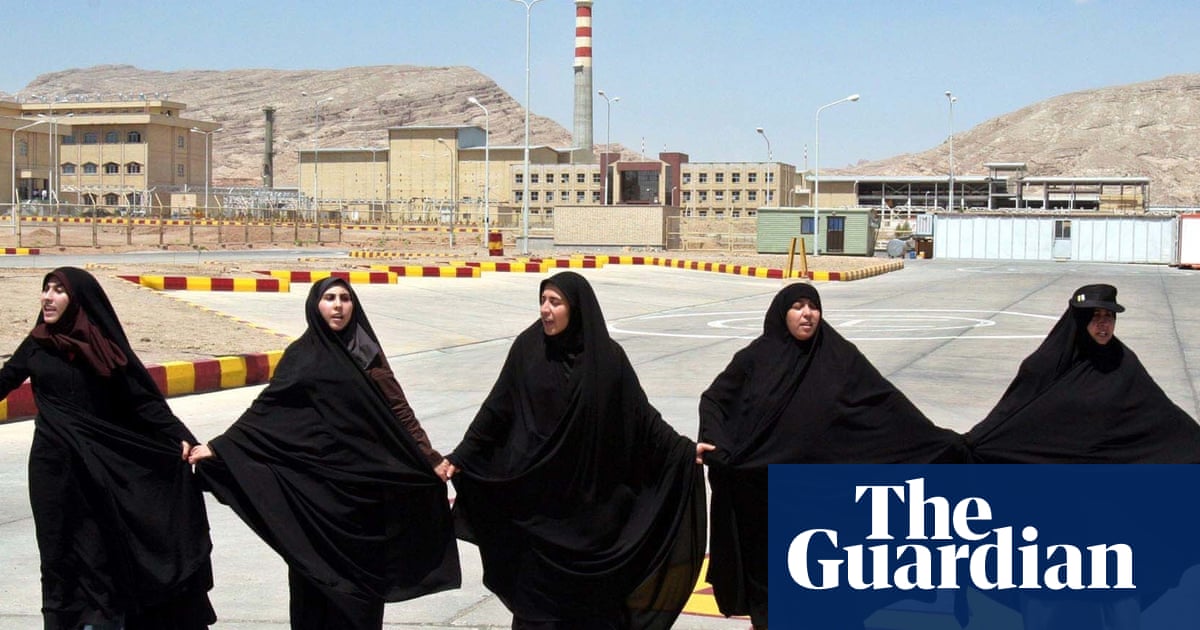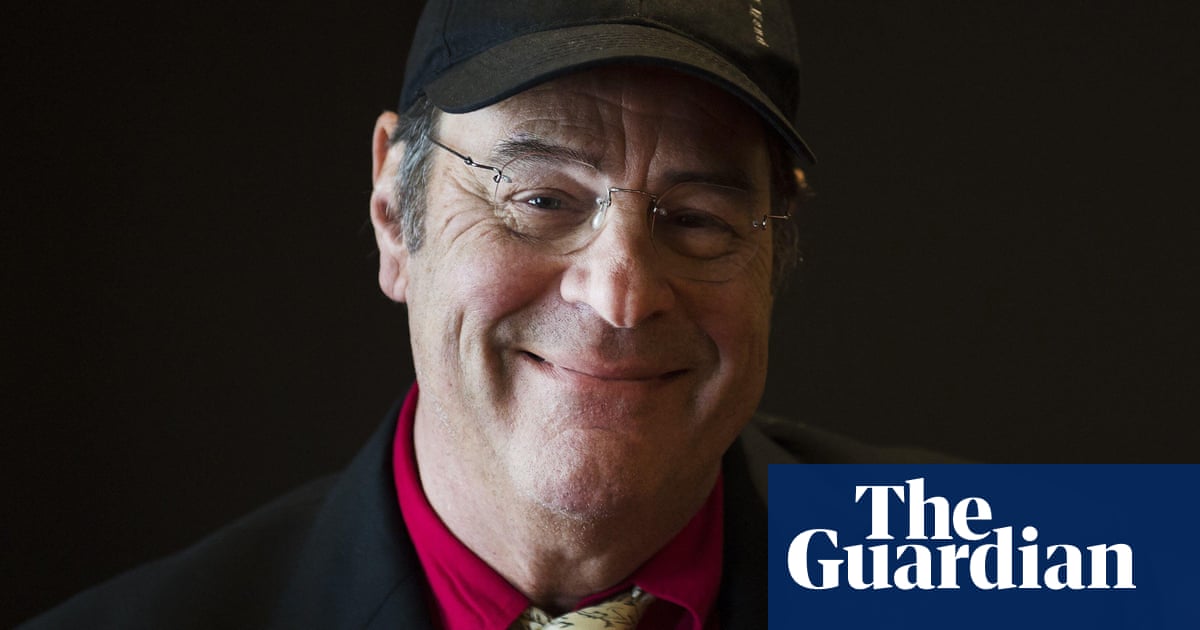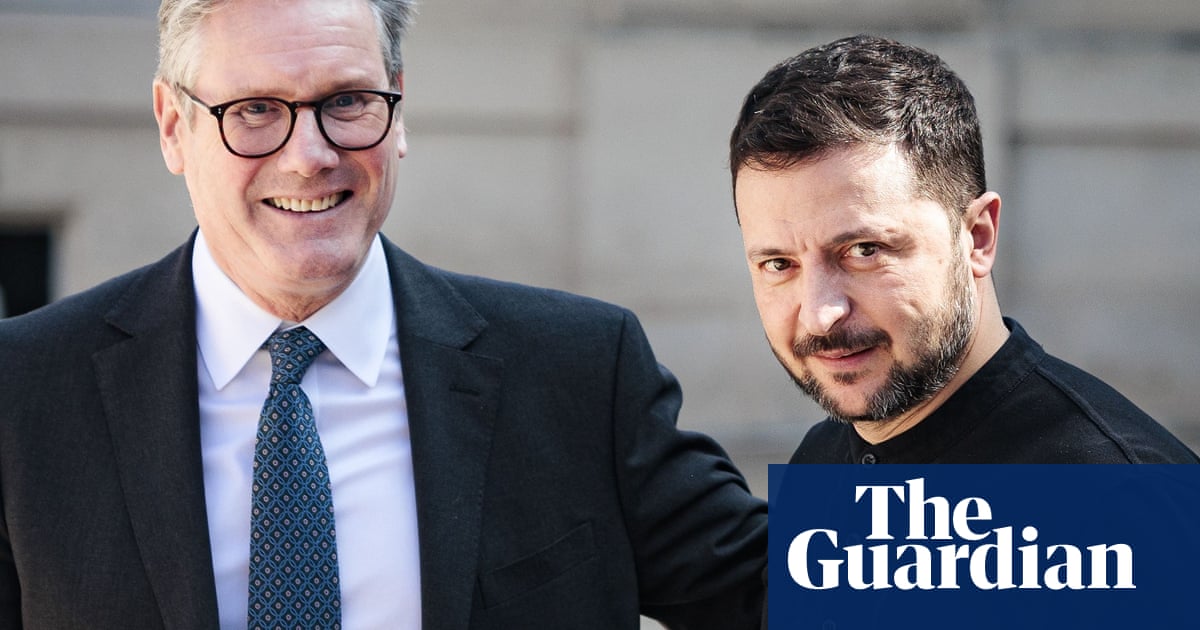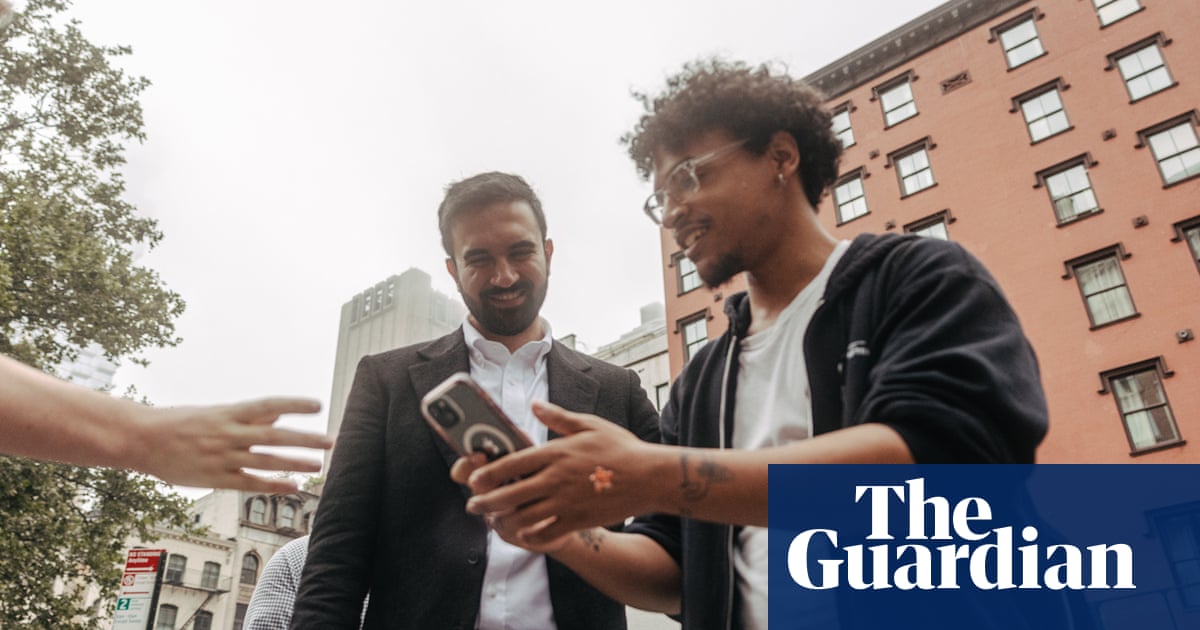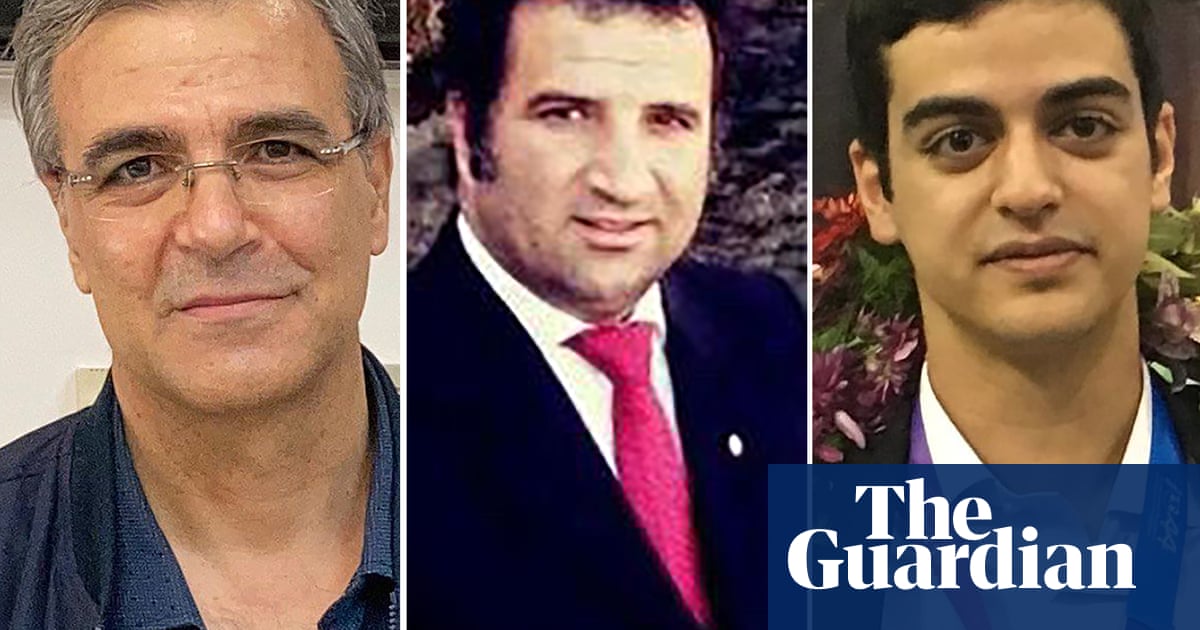At international academic conferences recently, one sees an interesting trend. Some American participants are travelling with “burner” phones or have minimalist laptops running browsers and not much else. In other words, they are equipped with the same kind of kit that security-conscious people used to bring 15 years ago when travelling to China.
So what’s up? Well, these academics have a finger on the pulse of Trump’s America, and are concerned about what might happen when they return home. They’ve read on Robert Reich’s Substack about the French scientist who was prevented from entering the country because US Border Patrol agents had found messages from him in which he had expressed his “personal opinion” to colleagues and friends about Trump’s science policies.
Or they’ve heard about Dr Rasha Alawieh, a kidney transplant specialist and professor at Brown University who was trying to return to the US after visiting relatives in Lebanon. She was deported, reports Reich, “despite having a valid visa and a court order” blocking her removal. “Federal authorities alleged that they found ‘sympathetic photos and videos of prominent Hezbollah figures’ in her phone and that she attended the funeral for the leader of Hezbollah in February.”
And they also know about Mahmoud Khalil, a Columbia University graduate, whom – though he is a legal permanent resident of the US and has not been charged with a crime – the government is trying to deport because he had participated in pro-Palestinian demonstrations at Columbia.
Those pro-Gaza demonstrations so irked the Trump regime that it demanded the return of $400m of federal research funding. When Columbia sought a meeting to discuss the matter, it received a letter setting out the conditions that it would have to accept before the government would deign to talk. These included a stipulation that Columbia must “begin the process of placing the Middle East, South Asian, and African Studies Department under academic receivership for a minimum of five years”.
The bullying of Columbia is the canary in the coalmine which reveals the Trump-Musk junta has it in for American universities. There are two reasons for their hostility. The first is that, as elite institutions devoted to freedom of inquiry and the telling of uncomfortable truths, they are anathema to the new autocrats in Washington. The second is that some of them (the so-called Ivy League) are fabulously wealthy, being for the most part hedge funds with nice universities attached. And if there’s one thing that Donald Trump cannot abide, it is large pots of money that he and his ghastly tribe can smell but not touch. So if the aloof trustees of Harvard, Princeton, Yale et al think that their august institutions lie beyond his reach, perhaps they should understand that Trump looks on them much as Henry VIII looked on the rich monasteries of his heyday.
Many teachers and researchers in US universities are now fearful of what lies ahead. No line of inquiry is safe from the raging firestorm of Maga intolerance. Many of the most vulnerable areas of inquiry lie in the health sector – LGBTQ+ medicine, epidemiology, infectious diseases, immunology, and so on. But there’s also endangered research on environmental issues and the climate crisis, socioeconomic inequality, plus the humanities, social science and astrophysics.
The looming crisis in the US is beginning to remind people in Europe of the 1930s, when the UK and the US began to realise that Jewish scientists needed to be rescued from the Nazis. About 2,000 scientists and academics fled the fascist countries between 1933 and 1941, fearing for themselves or Jewish family members. Then, universities in the US and the UK made space for and welcomed a whole generation of geniuses – Albert Einstein, Enrico Fermi, Leo Szilard, Hans Bethe, Max Born, Rudolf Peierls, Francis Simon, to name just a few. Likewise, members of the Frankfurt School were rescued and installed in New York, where they became mightily critical of American capitalism but at least lived to tell their particular tale. As did Thomas Mann.
Now, in a different age, there are stirrings in Europe to provide safe places for American researchers. In France, Aix-Marseille University is welcoming American scientists whose work has become untenable after the Trump administration’s cuts in certain academic sectors. The Free University of Brussels (VUB) is opening 12 postdoctoral positions for international researchers, which are open to American researchers working in socially relevant fields. The fellowships come with substantial funding (€2.5m) as part of the European Marie Skłodowska-Curie programme. It’s also aiming to attract American professors looking to relocate. VUB, with its Francophone sister university ULB, is providing 18 apartments for international researchers seeking temporary residence at the Brussels Institute for Advanced Studies.
This is the beginning of something hopeful. But it also raises the question of what UK institutions are doing to meet the coming challenge. The answer, at the moment, seems to be nothing much. Perhaps that’s because most of British academia still can’t get its head around the idea that the US is now an enemy, not an ally, and that the “special relationship” is yesterday’s story.
What I’ve been reading
How I accidentally got sent Trump’s Yemen texts
Jeffrey Goldberg’s astonishing story about the White House security leak in the Atlantic.
Philosophy and fatherhood
A curious tendency among western philosophers explored in an intriguing post by Doug Muir.
AI has learned to reason …
… or has it? A lovely explainer by Melanie Mitchell.

 2 months ago
40
2 months ago
40







